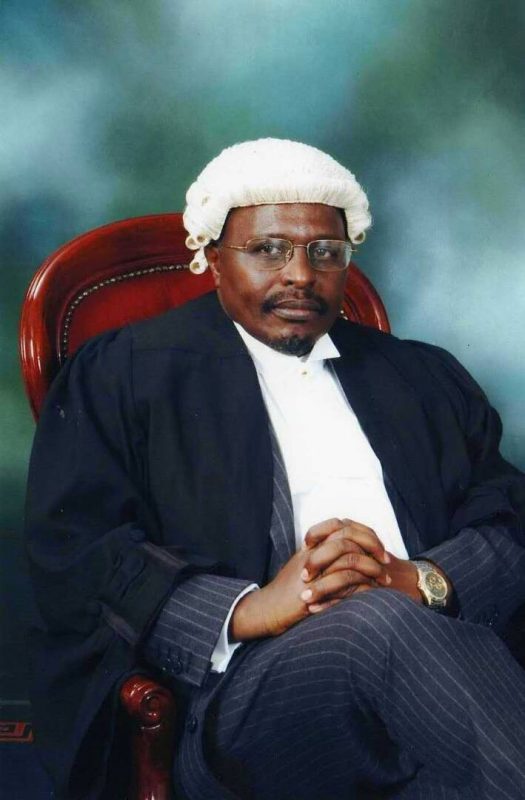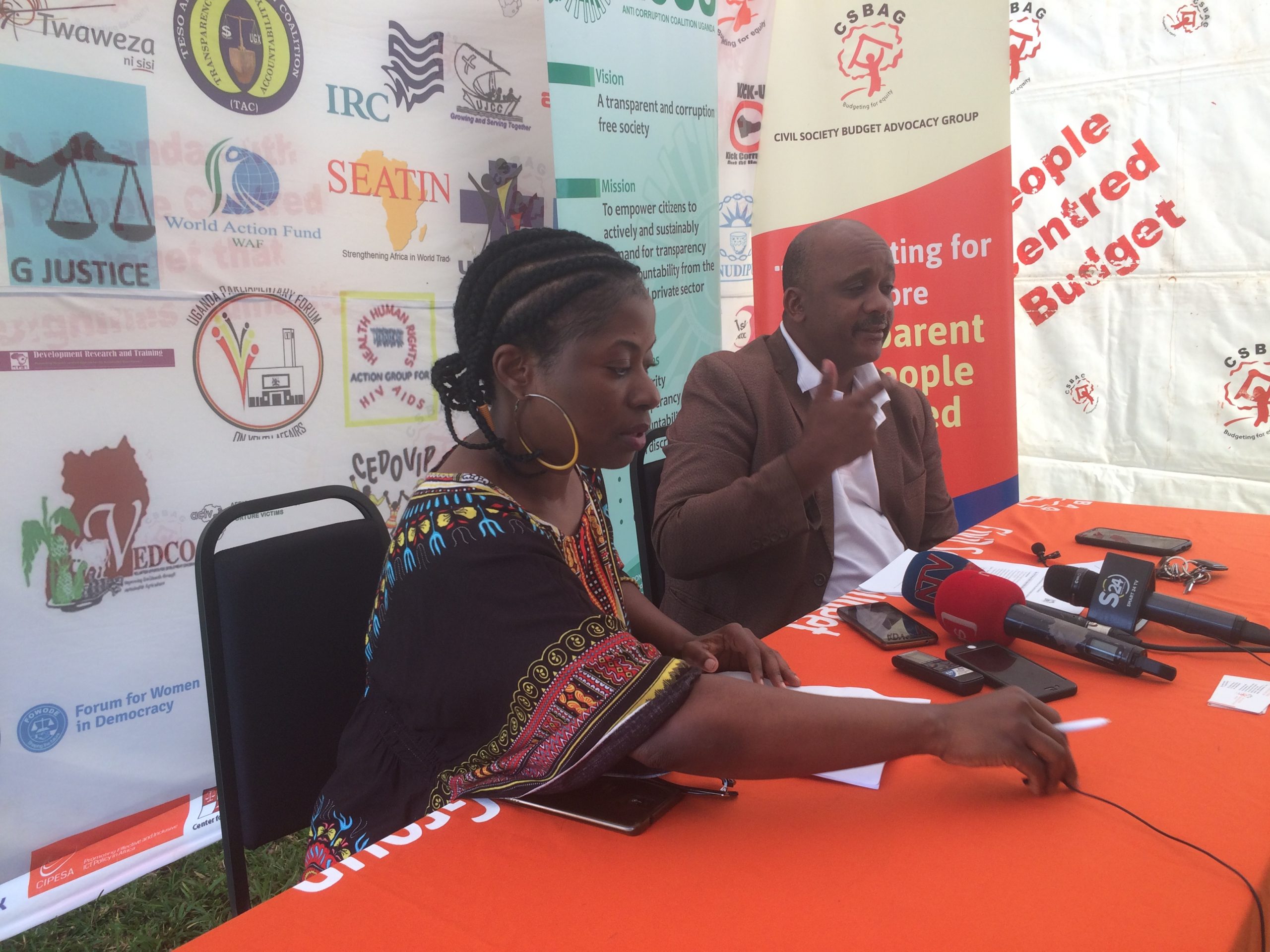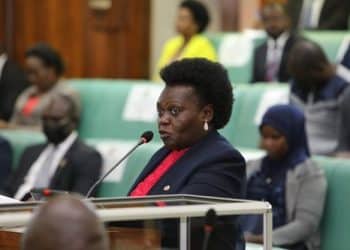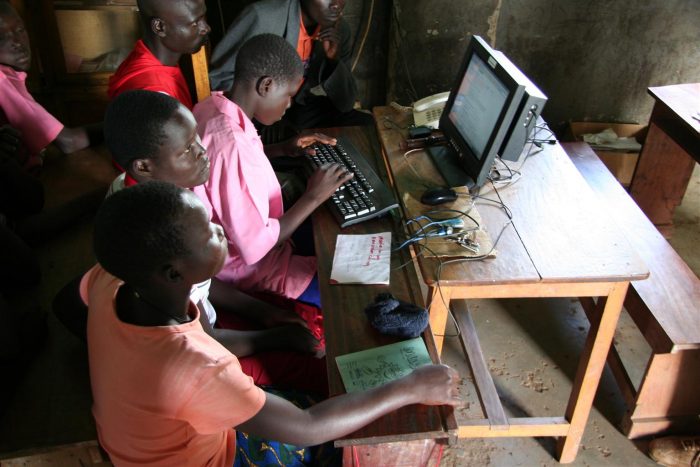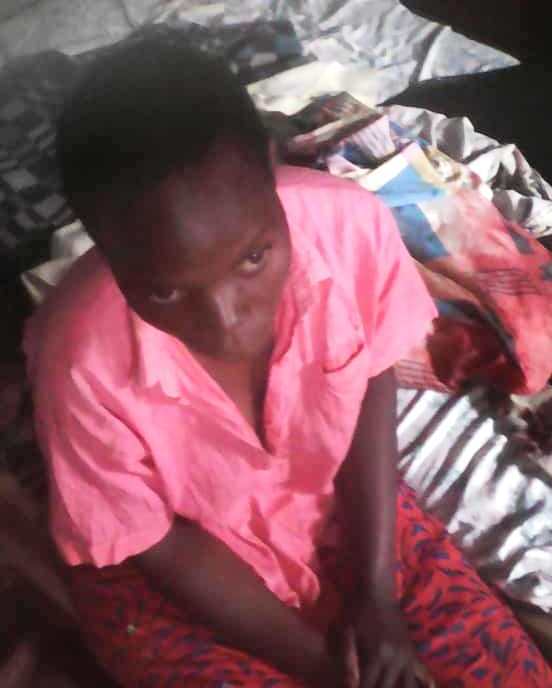By.Damba Rogers
The
assistant commissioner climate change department in the ministry of water and
environment, Bob Natifu commends the efforts by local environment civil society
of tracking climate change financing and adaptation funding saying, the finding
will definitely be used to feed into the climate change communication strategy.
On September 18, the Government of Uganda launched its new
strategy to spread information on climate change adaptation across the country.
The four-year Uganda National Climate Change Communications
Strategy and Standard National Climate Change Indicators, which was developed
with support from the United States Agency for International Development
(USAID), helps integrate climate change adaptation into government planning and
budgeting frameworks.
According to Bob, the assessment by Environment management for
livelihood improvement (EMLI) with support from Care International should dig
deep to see that every projects funded under climate change resonates to what
largely is called climate change financing.
Even beyond that, we have as a country committed to say in our
NDCs where we have set targets on 70% and for Uganda to implement the targets,
we require 70% of the sources to come from the international space and the 30%
from local space namely CSOs and government of Uganda.
Bob says, “the outcome of the ongoing process by EMLI is helping
address the 70% divided pointed out earlier in 2015 so that we can ably report
every year or after five years how much financing has come into the country.”
He also reminds EMLI that being a consultant, they need to see
what the rest of ugandans and government do not see adding that this should be
well executed to meaningfully contribute to national programming in regards to
climate change.
Whatever recommendations that will come out of this process will
form a very strong basis into all the policy documents that government is
trying to prepare both whether its national communications or even policy documents
and national papers that government is trying to build about to have concrete
recommendations to main streaming climate change issues if transformation is to
be realized.
The deputy executive director EMLI, Robert Bakika and the assistant
program officer EMLI Christine Mabatusa state that, according to preliminary
results from the findings, a number of project documents are not reflecting
what is actually on the ground, with some projects taking over a year without
starting even when the signing was done by the funders and implementing
partners.
Meanwhile, the issue of projects not well addressing the gender
issue has been mentioned several times by the consultants and this has paused
question marks on whether the implementers and project proposal writers really
understood or understand gender.
Robert Babkika further stresses that they have faced a challenge of
some donor partners not opening up to information needed to better assess the
projects. This is dragging and time consuming yet the project report has to be
filed in time to Care international.
The six months project is assessing climate change adaptation financing
funded projects between a period 2013-2016 in Westnile, Northern, Western,
Karamoja, Eastern and Central parts of Uganda and 21 projects are to be
assessed.
END



